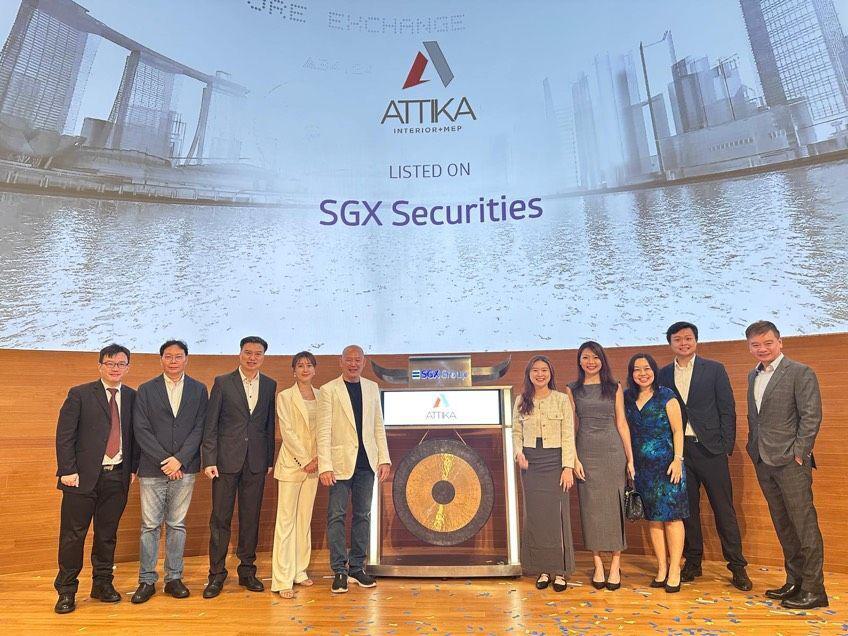
For business owners who have done well, reasons for leaving their companies may include retirement, passing the baton to the next generation of leaders and owners; growth and handing over to a professional management team; or sale of the business.
For some, it is just time to close the company – perhaps because it is no longer required – if the company is solvent, it can be closed through a process called Members’ Voluntary Liquidation, or MVL. MVL comes into effect when shareholders of a solvent company decide to discontinue the business, assent to a resolution to wind up the company voluntarily and appoint a liquidator to take over the affairs of the company to realise the assets, settle the liabilities and return any surplus assets to the shareholders.
This is the most common way to close a solvent company because of the ease and speed of putting the company into liquidation and the company is protected against claims from creditors once the liquidation process is completed and it is dissolved.
The MVL Process
MVL is a four-part process, which experienced professionals at Baker Tilly TFW can manage for clients.
This process involves:
Declaration of Solvency & Statement of Affairs
In the preparation of a Declaration of Solvency, directors have to form the opinion that the company is able to satisfy all its liabilities in full within a period not exceeding 12 months of the commencement of winding up. There are substantial penalties for making a false declaration.
Together with the Declaration of Solvency, the company needs to prepare the Statement of Affairs, which lists the assets and liabilities of the company. The Statement of Affairs must be prepared at the latest practicable date before the Declaration of Solvency. In practice, it is based on the last set of management accounts prepared just prior to the liquidation. The assets should be stated at their estimated realisable value.
Organising an Extraordinary General Meeting
The members of the company resolve to place the company into liquidation during an extraordinary general Members’ Voluntary Liquidation meeting, or EGM. The date of the EGM marks the commencement of the MVL.
Liquidators Taking Custody of Company Assets
Once a company is in MVL, the powers of the directors will cease and the affairs of the company are vested in the liquidators. The liquidators take custody of the company’s assets, help to liquidate them, and use the cash proceeds to first pay off the company’s outstanding debts. Thereafter, the remaining cash is distributed among the shareholders on a pro rata basis, based on the number of shares held by each shareholder.
Dissolution of the Company
Lastly, the liquidators will call for a final meeting of the company, which will trigger the deemed dissolution of the company. The company is deemed dissolved under the Companies Act three months after the liquidators lodge a copy of the minutes of the final meeting with ACRA.
For more details, do contact our Restructuring & Recovery team at victor.goh@bakertilly.sg or call +65 6336 2828 to set up a discussion with our professionals.
DISCLAIMER: All opinions, conclusions, or recommendations in this article are reasonably held by Baker Tilly at the time of compilation but are subject to change without notice to you. Whilst every effort has been made to ensure the accuracy of the contents in this article, the information in this article is not designed to address any particular circumstance, individual or entity. Users should not act upon it without seeking professional advice relevant to the particular situation. We will not accept liability for any loss or damage suffered by any person directly or indirectly through reliance upon the information contained in this article.













